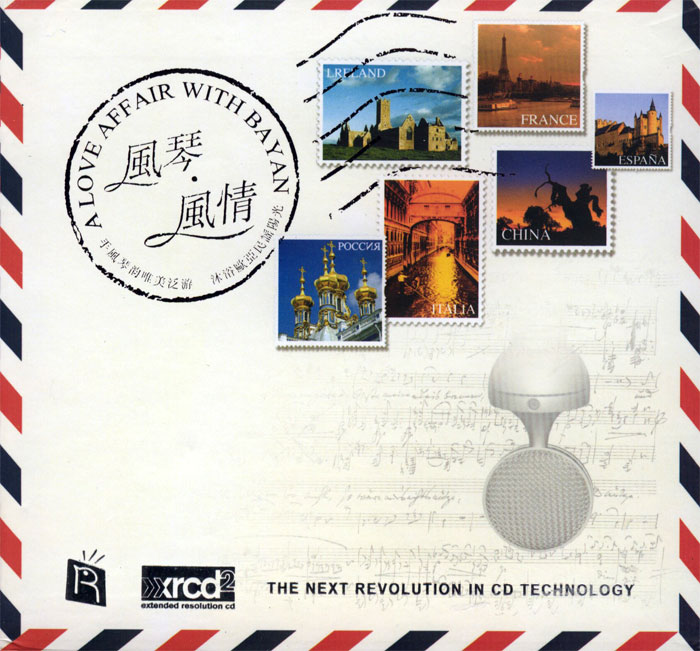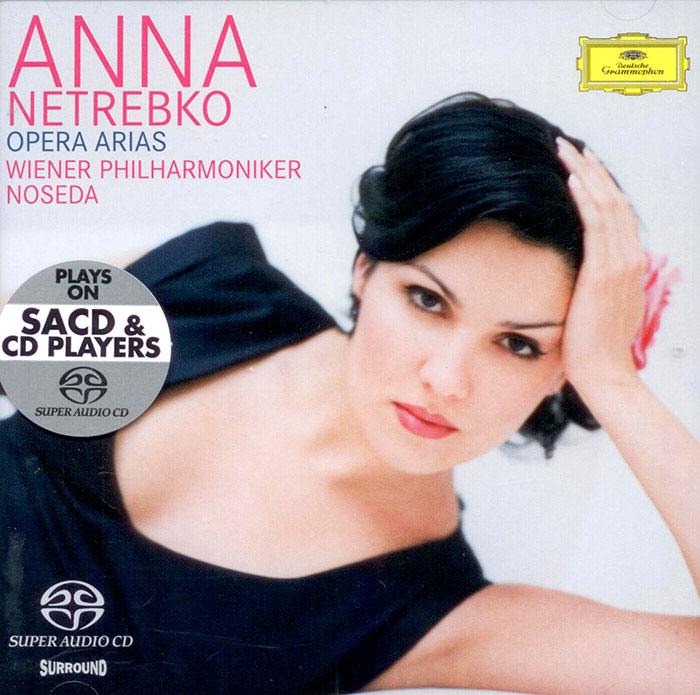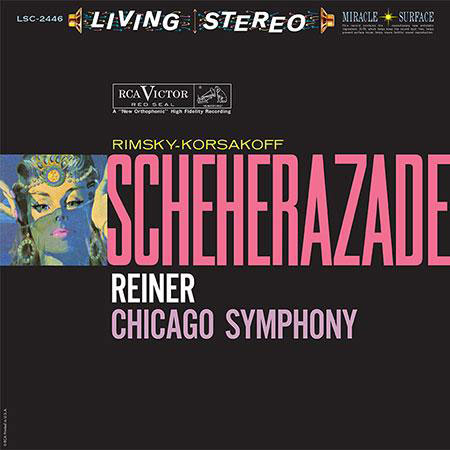Logowanie
Dlaczego wszystkjie inne nie brzmią tak jak te?
SpeakersCorner - OSTATNIE!!!!
RAVEL, DEBUSSY, Paul Paray, Detroit Symphony Orchestra
Prelude a l'Apres-midi d'un faune / Petite Suite / Valses nobles et sentimentales / Le Tombeau de Couperin
Samozapłon gwarantowany - Himalaje sztuki audiofilskiej
PROKOFIEV, Stanislaw Skrowaczewski, Minneapolis Symphony Orchestra
Romeo and Juliet
Stanisław Skrowaczewski,
✟ 22-02-2017
BARTOK, Antal Dorati, Philharmonia Hungarica
Dance Suite / Two Portraits / Two Excerpts From 'Mikrokosmos'
Samozapłon gwarantowany - Himalaje sztuki audiofilskiej
ENESCU, LISZT, Antal Dorati, The London Symphony Orchestra
Two Roumanian Rhapsodies / Hungarian Rhapsody Nos. 2 & 3
Samozapłon gwarantowany - Himalaje sztuki audiofilskiej
Winylowy niezbędnik
ClearAudio
Cartridge Alignment Gauge - uniwersalny przyrząd do ustawiania geometrii wkładki i ramienia
Jedyny na rynku, tak wszechstronny i właściwy do każdego typu gramofonu!
ClearAudio
Harmo-nicer - nie tylko mata gramofonowa
Najlepsze rozwiązania leżą tuż obok
IDEALNA MATA ANTYPOŚLIZGOWA I ANTYWIBRACYJNA.
Wzorcowe
Carmen Gomes
Celebrating the art and spirit of music - vol. 5 - Reference Songs
- CHCECIE TO WIERZCIE, CHCECIE - NIE WIERZCIE, ALE TO NIE JEST ZŁUDZENIE!!!
Petra Rosa, Eddie C.
Celebrating the art and spirit of music - vol. 3 - Pure
warm sophisticated voice...
SAMPLER - STS DIGITAL, Gregor Hamilton
Celebrating the art and spirit of music - vol. 2 - Love songs from Gregor Hamilton
...jak opanować serca bicie?...
SAMPLER - STS DIGITAL
Celebrating the art and spirit of music - vol. 1 - Leonardo Amuedo
Największy romans sopranu z głębokim basem... wiosennym
Lils Mackintosh
Celebrating the art and spirit of music - vol. 4 - A Tribute to Billie Holiday
Uczennica godna swej Mistrzyni
MOZART, BERLIOZ, ROSSINI, BELLINI, Anna Netrebko, Gianandrea Noseda, Wiener Philharmoniker
Opera Arias
Anna Netrebko - Opera Arias
01. Idomeneo: Recitativo ed Aria "Quando avran fine omai" - Mozart (7:23)
02. Don Giovanni: Recitativo accompagnato e Rondo "Crudele!" - Mozart (6:37)
03. Benvenuto Cellini: Cavatine "Entre l'amour et le devoir" - Berlioz (7:44)
04. La Sonnambula: Recitativo e Cavatina "Care compagne, et voi, ternei amici" - Bellini (6:35)
05. Manon: Air du Cours-la-Reine "Suis-je gentille ainsi?" - Massenet (12:42)
06. Lucia di Lammermoor: Scena e Cavatina "Ancor non giunse!" - Donizet (7:44)
07. Faust: Ricitatif "Les grands seigneurs ont seuls des airs..." - Gounod (6:28)
08. Rusalka: "Mesicku na nebli hlubokem" - Dvorak (5:07)
09. La Boheme: "Quando me'n vo' (Musette's Waltz)" - Puccini (2:39)
- Anna Netrebko - soprano
- Gianandrea Noseda - conductor
- Wiener Philharmoniker - orchestra
- MOZART
- BERLIOZ
- ROSSINI
- BELLINI
While there is much to admire here–much–I am startled by the extraordinary press Anna Netrebko is getting. She has been called “a miracle”; it is said that “she has it all”; and further, that she possesses “flawless technique” and “perfect coloratura”. And to be sure, there are remarkable things about her: the sound itself is beautiful, consistent in tone and body from C to C; she can get into some of her characters with great insight; and she often sings with amazing warmth (although some may object to her prominent vibrato). She is a full lyric soprano with pretty good coloratura (except when it’s smeared), no trill at all, and a reliable upper extension to E-flat (except when it’s not reliable).
Her “plusses” are truly in evidence in the Manon excerpt, which is just about perfect–expertly shaped and wonderfully insinuating–except for the high Ds, which are lunged at, unappealing, and in one case, flat. Other high-points: Ilia’s lovely “Padre, germani, addio”; Teresa’s girlish scene from Cellini; Marguerite’s big scene from Faust, full of wonder and round, expertly crafted tone and nicely colored words; and the pre-cabaletta part of Lucia’s “Regnava del silenzio”, which has a fine, schizo way about it and is well sung, save, again, for the very highest notes and (as with Marguerite) when a trill is called for.
Amina’s opening aria from Sonnambula impresses in the way Netrebko caresses words in the early, slow section–yet she can’t control the rapid-fire pyrotechnics of the variations that follow. Her reading of Donna Anna’s “Non mi dir” is way off–she flies sharp, the pianissimo high notes are tenuous, her rhythm is faulty, and she seems more concerned with just getting the notes out than with shaping this admittedly difficult-to-shape aria. The Rusalka aria and Musetta’s waltz are entirely undercharacterized, but they’re beautifully, solidly sung. Accompaniments are good without being particularly special. I definitely want to hear more of Netrebko, but I hope she keeps studying so that she can begin to live up to her critical acclaim. And she’s so at home in the French repertoire that I hope she’ll discover Thaïs and get a chance at an entire Manon soon.
- See more at: https://www.classicstoday.com/review/review-9602/#sthash.vk96kDM0.dpuf


























.jpg)